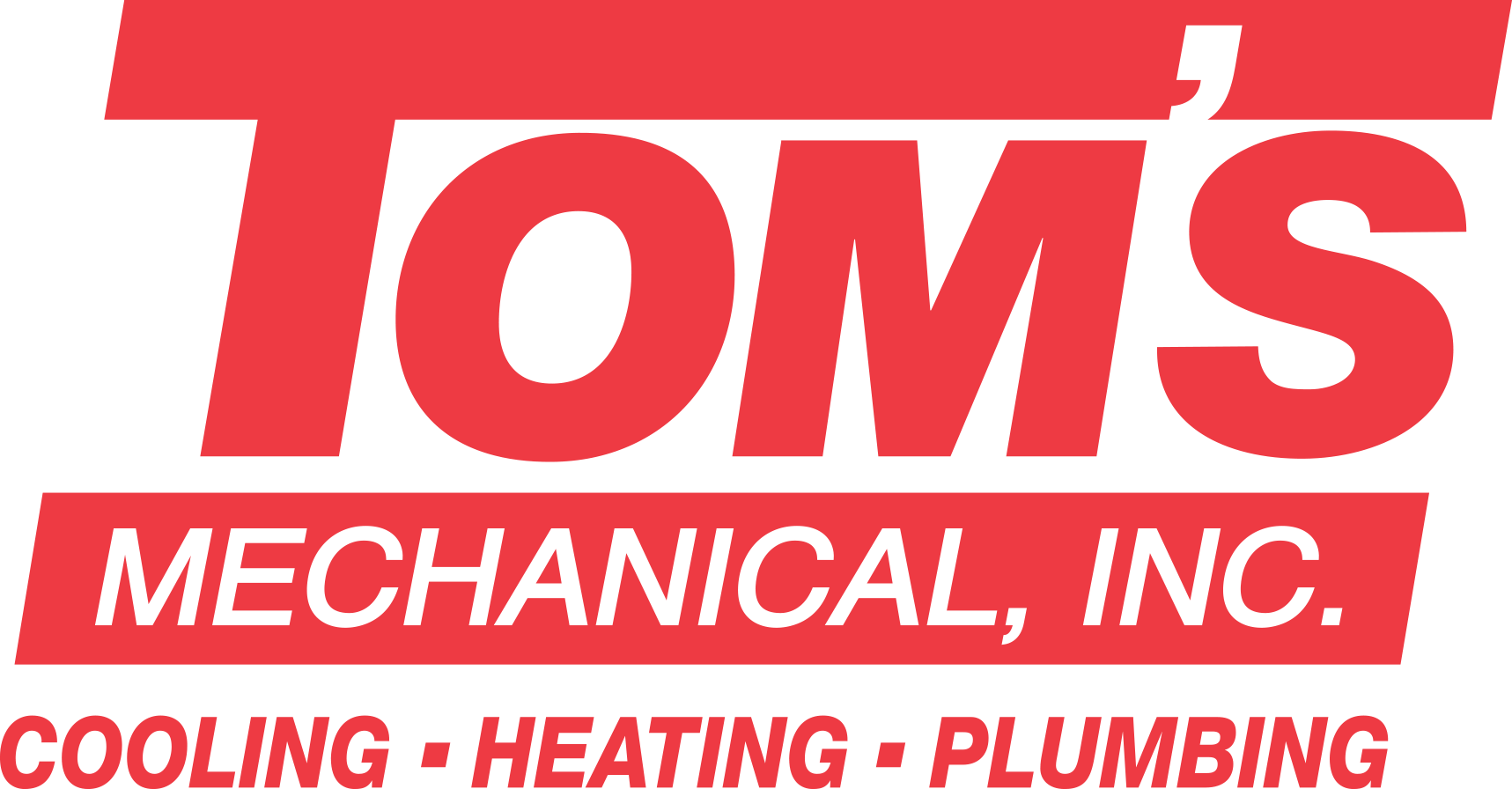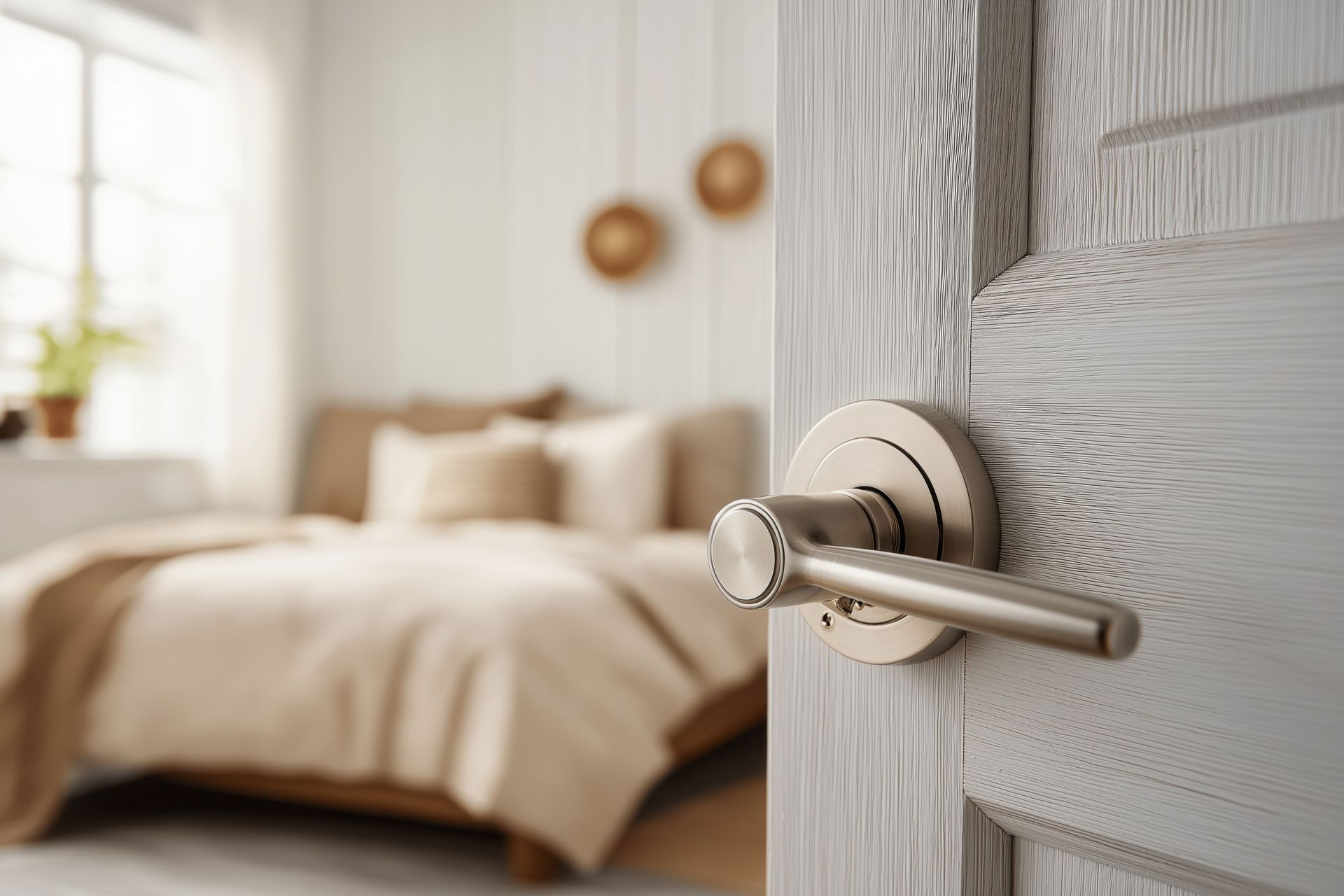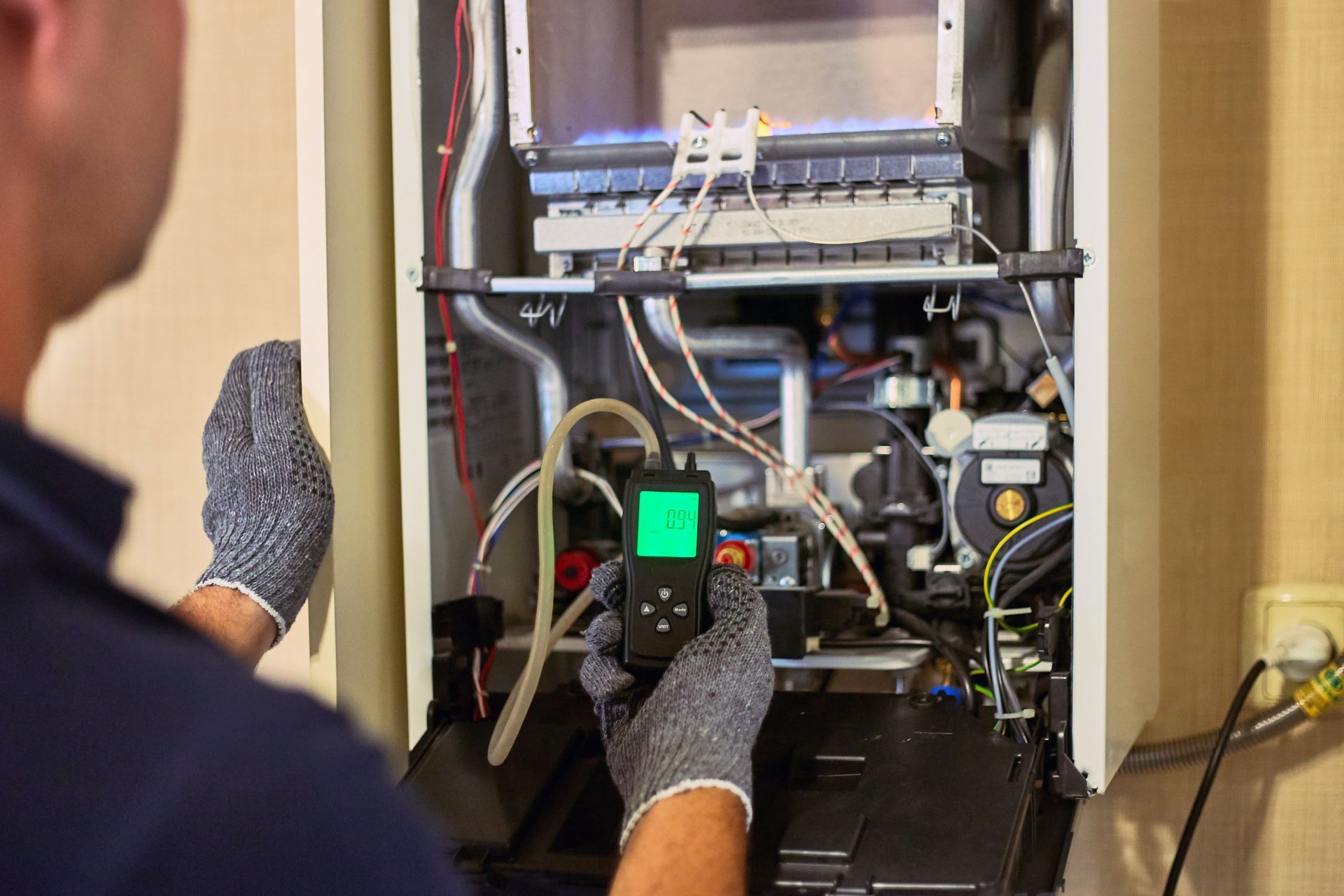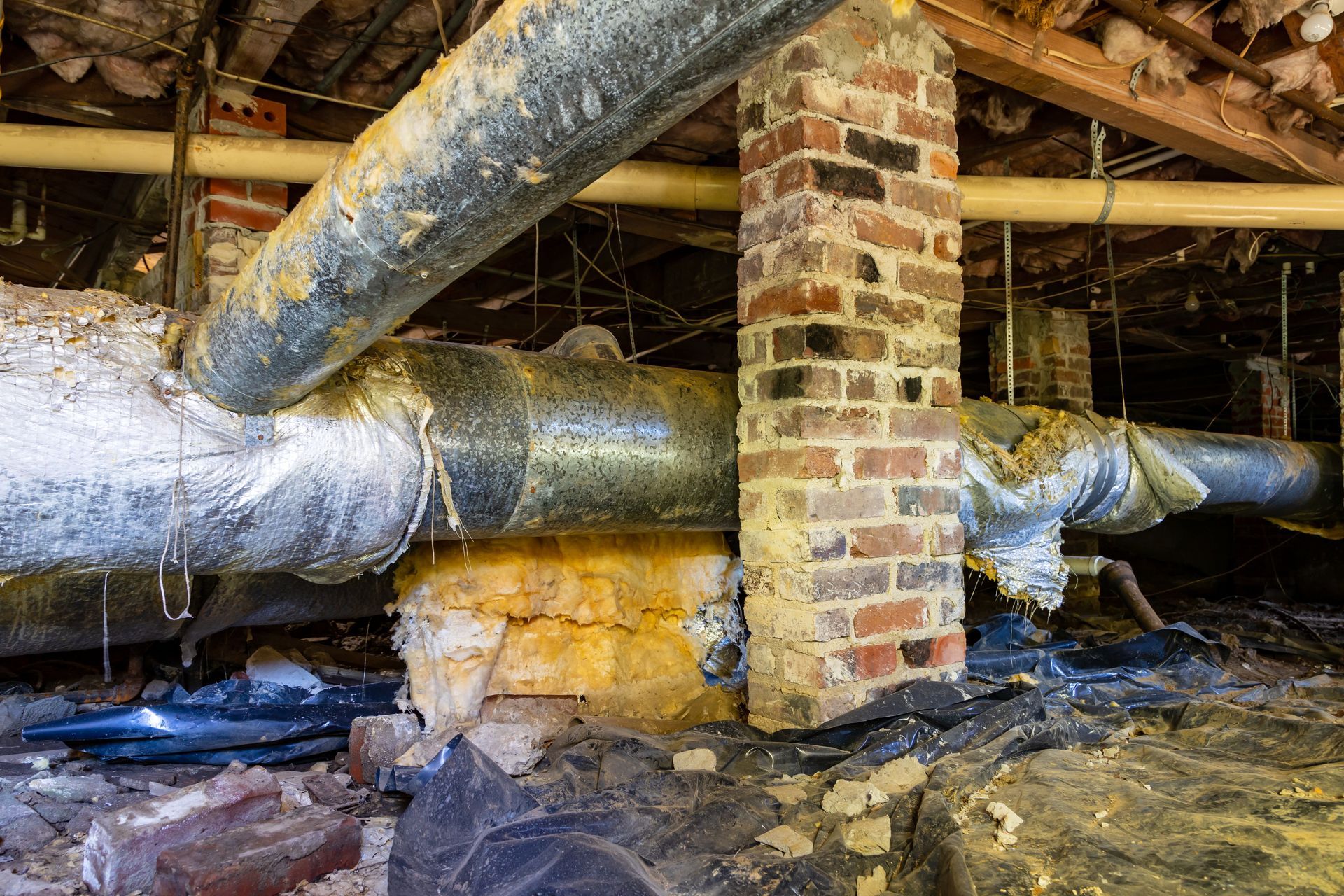What Does It Mean to Commission an HVAC System and Why Does It Matter?
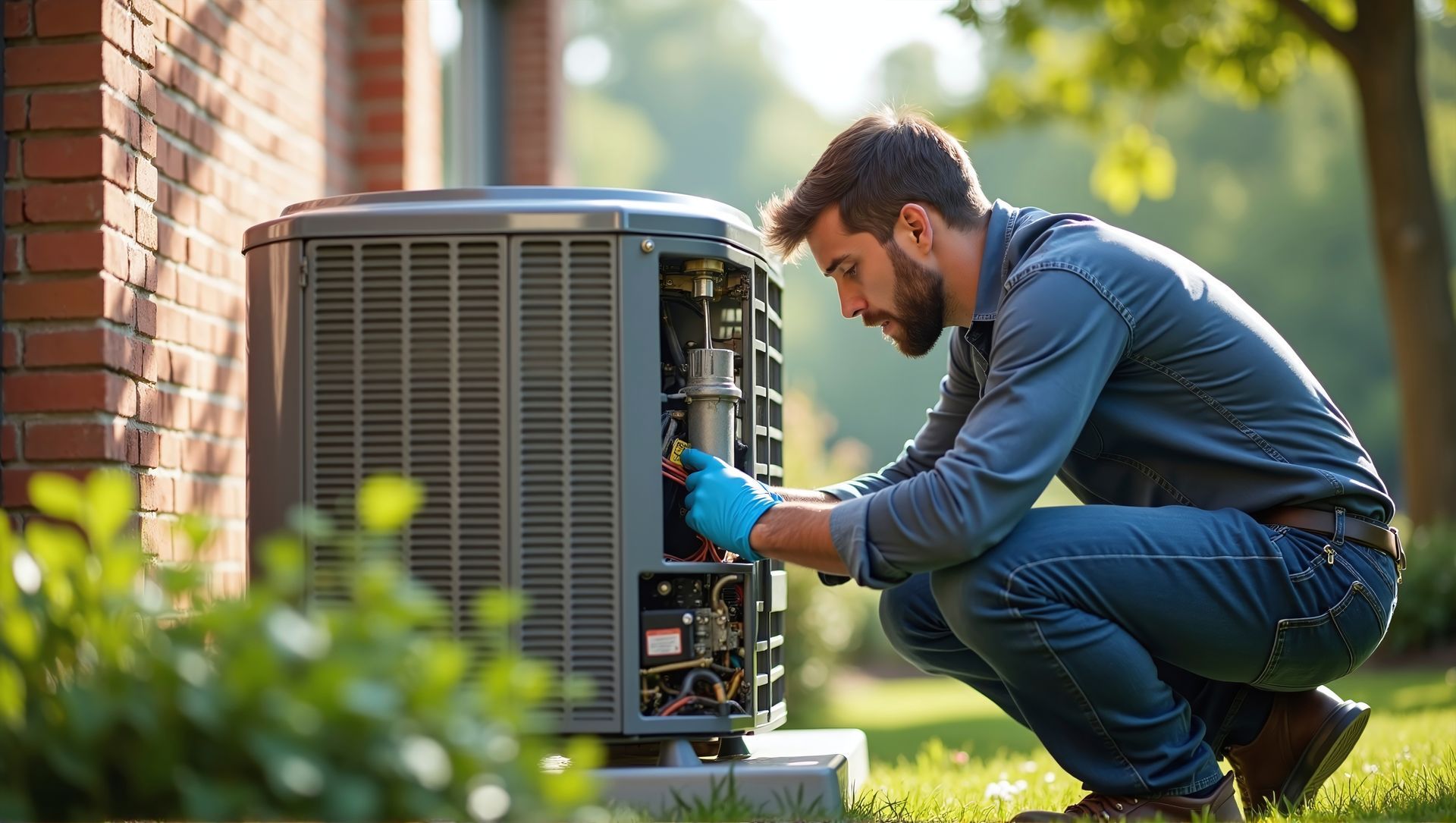
When you see ads for HVAC company services or visit an HVAC company’s website, you’ll mostly see references to installation, replacement, repair, maintenance and tune-ups. You won’t find many—or any—mentions of ‘commissioning.’
Commissioning is the post-installation process of testing, adjusting and verifying that your HVAC system is working exactly as designed. It’s not maintenance, and it’s not repairs. It’s the last critical step after installation when the installers and technicians make sure everything is running at peak performance from day one.
In commercial and large-scale projects, commissioning is standard. But in residential work, it’s often overlooked or rushed. That’s why many Arlington homeowners have never heard of it, even if they’ve invested in high-end heating, cooling and indoor air quality equipment.
Skipping commissioning doesn’t just mean missing a fancy checklist. It can leave your system running below peak efficiency, cause uneven comfort and even shorten the lifespan of your equipment.
What Does HVAC Commissioning Involve?
Air Balancing
This ensures the right amount of air is delivered to each room. Without balancing, you might have one room that’s freezing and another that’s too warm. Technicians adjust dampers, registers and sometimes fan settings to distribute airflow evenly throughout the home.
Refrigerant Charge Validation
Your AC or heat pump needs the exact right amount and type of refrigerant. Too much, too little or the wrong type of refrigerant can reduce efficiency, strain the compressor and shorten system life. Commissioning includes checking the charge and adjusting it if needed.
Refrigerant charge validation is particularly important today due to the recent shortages of R-454B refrigerant. Some companies that don’t have the right type of refrigerant are using the wrong refrigerant on new installations, which can cause serious problems.
Sensor and Thermostat Calibration
If sensors or thermostats are off by even a few degrees, you’ll experience comfort issues and may waste energy. Commissioning makes sure your controls read accurately and communicate properly with the system.
Equipment Performance Verification
Technicians check the system’s static pressure, temperature split (the difference between return and supply air), amperage draw and other key metrics to ensure the HVAC system is operating within manufacturer specs.
Ductwork Checks
Leaks, blockages or poor connections in ductwork can sabotage even the best HVAC system. Commissioning includes inspecting the duct system to identify and address any issues.
Why Does HVAC Commissioning Matter?
Energy Efficiency
Without commissioning, systems often run inefficiently, using more energy to deliver less heating or cooling. Commissioning helps ensure you get the energy savings your system was designed to provide.
Comfort
Poor airflow, temperature imbalances and control issues are common with systems that don’t go through proper commissioning. Without proper post-installation performance checks, a home may experience hot or cold spots, humidity problems or constant cycling.
Equipment Longevity
Small issues like incorrect refrigerant charge or airflow imbalances can put extra strain on components, leading to breakdowns or premature failure.
Warranty Protection
Some manufacturers require proper commissioning for warranty coverage, especially on high-efficiency or specialty systems.
Why Is HVAC Commissioning Often Skipped?
In many residential installations, contractors focus on installing the equipment and getting it running but don’t invest extra time to perform full commissioning. This is typically because:
- Homeowners are unfamiliar with the concept and don’t know to ask for it
- Installers are under pressure from management to complete jobs as quickly as possible, or they may just want to go home sooner
- Since most systems do work as intended, there’s a temptation to assume factory settings are “good enough”
- Installers may not have specialized tools for testing and balancing
Tom’s Mechanical believes commissioning should be part of every professional installation, not an optional extra or something that only commercial HVAC systems receive.
How Can You Tell If Your HVAC System Was Properly Set Up?
Most homeowners won’t know if commissioning was ever done, but there are clues your system might not have been fully checked after installation:
- Uneven temperatures between rooms
- High energy bills despite new equipment
- Short cycling or constant running
- Humidity issues
- Unusual system noises
Can Commissioning Be Done on an Older System?
Many of the commissioning steps should be performed during service calls or as added maintenance, like air balancing, refrigerant checks and control calibration. A thorough maintenance check or tune-up will include similar diagnostic checks.
Be Sure Your HVAC Installer Is Thoroughly Checking Your New System After Replacement
Our HVAC installers have earned a reputation for being thorough and detail oriented. Providing exceptional service and system performance is central to our entire business model, and we thoroughly check every newly installed system to ensure each component is working as intended.
If you’re in Arlington or the DFW area, contact Tom’s Mechanical at (817) 277-4493 for an HVAC installation estimate, tune-up or diagnostics. Our team is trained to test, adjust and fine-tune your system so you can enjoy reliable comfort season after season.
